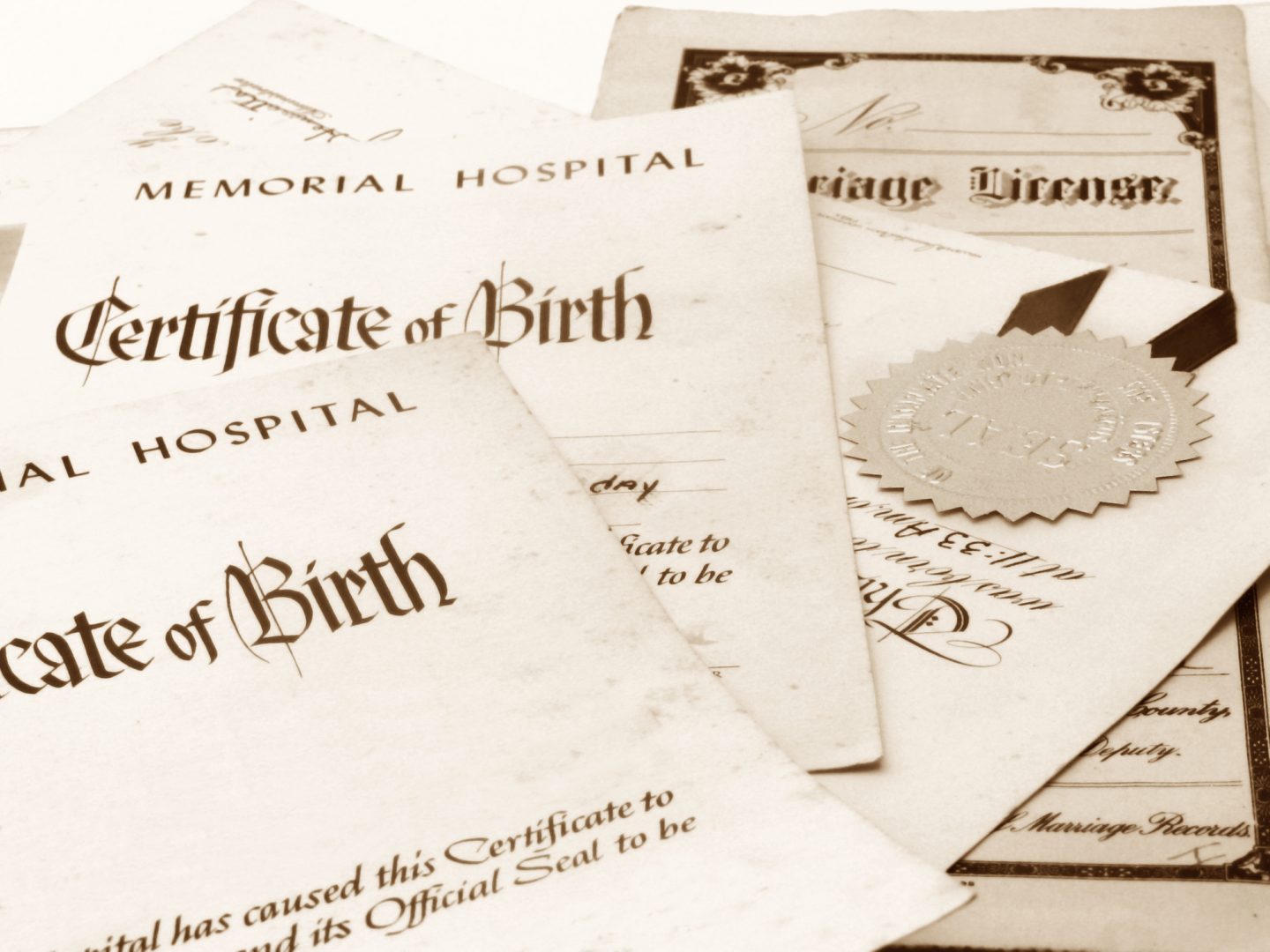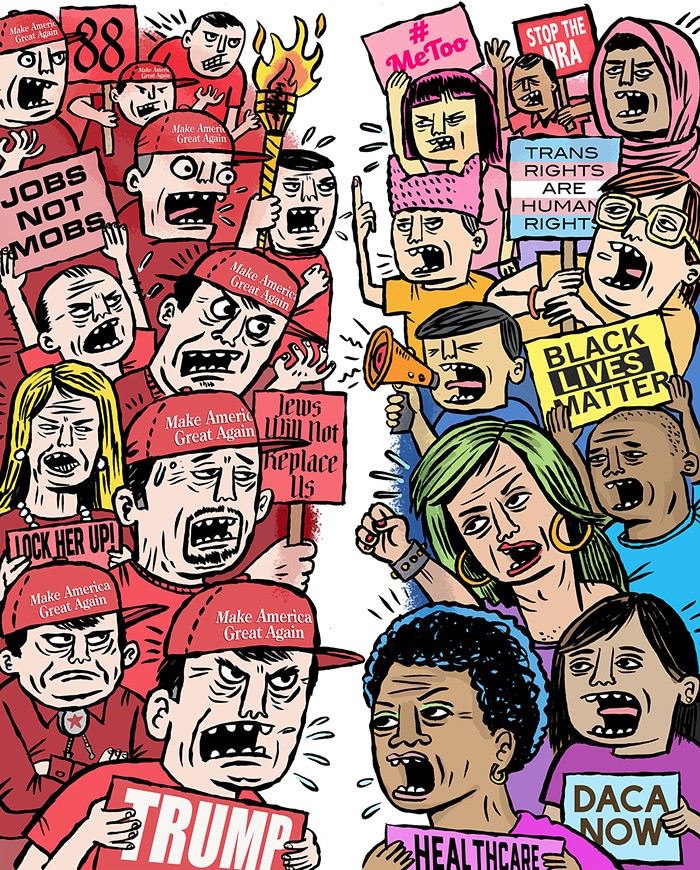I have long been fascinated, and sometimes amused, by the different definitions given by political scientists, political theorists, political leaders and other commentators of the word “politics” (or “the political”). I have decided to start compiling these definitions here. For now, they will be in no particular order, but I may eventually try to properly curate them. And in a few cases, I will list quotes about politics and/or politicians if I think they say something relevant about the meaning of politics or if they are just too funny to exclude.
– “Politics … can be simply defined as the activity by which differing interests within a given unit of rule are conciliated by giving them a share in power in proportion to their importance to the welfare and survival of the whole community. And … a political system is that type of government where politics proves successful in ensuring reasonable stability and order.” (Bernard Crick in In Defence of Politics)
– “Politics” is about “the authoritative allocation of values for a society.” (David Easton in A Systems Analysis of Political Life)
– “Politics: Who Gets What, When, How” (Harold Lasswell’s famous title for his political science textbook published in 1936; but I have also seen the quote “Politics is the science of who gets what, when, and why” attributed to Sidney Hillman.)
– “Politics I conceive to be nothing more than the science of the ordered progress of society along the lines of greatest usefulness and convenience to itself.” (Woodrow Wilson – 1916)
– “Politics is the art of associating (consociandi) men for the purpose of establishing, cultivating, and conserving social life among them.” (Johannes Althusius in Politica – 1603: quoted in, and translated by, Karmis and Norman in Theories of Federalism)
– “Politics is the art of the possible.” (Otto von Bismarck)
– “Politics is not the art of the possible. It consists in choosing between the disastrous and the unpalatable.” (John Kenneth Galbraith)
– “What do we understand by politics? The concept is extremely broad and comprises any kind of independent leadership in action. One speaks of the currency policy of the banks, of the discounting policy of the Reichsbank, of the strike policy of a trade union; one may speak of the educational policy of a municipality or a township, of the policy of the president of a voluntary association, and, finally, even of the policy of a prudent wife who seeks to guide her husband. Tonight, our reflections are, of course, not based upon such a broad concept. We wish to understand by politics only the leadership, or the influencing of the leadership, of a political association, hence today, of a state. / Today … we have to say that a state is a human community that (successfully) claims the monopoly of the legitimate use of physical force within a given territory. . . . The state is considered the sole source of the ‘right’ to use violence. Hence, ‘politics’ for us means striving to share power or striving to influence the distribution of power, either among states or among groups within a state. / This corresponds essentially to ordinary usage. When a question is said to be a ‘political’ question, when a cabinet minister or an official is said to be a ‘political’ official, or when a decision is said to be ‘politically’ determined, what is always meant is that interests in the distribution, maintenance, or transfer of power are decisive for answering the questions and determining the decision or the official’s sphere of activity. He who is active in politics strives for power either as a means in serving other aims, ideal or egoistic, or as ‘power for power’s sake,’ that is, in order to enjoy the prestige feeling that power gives. ” (Max Weber, “Politics as a Vocation.”)
– “Politics is war without bloodshed while war is politics with bloodshed.” (Mao Zedong)
– “Politics is the art of carrying out a people’s struggle for survival – for its earthly existence.” (Adolf Hitler in his unpublished sequel to Mein Kampf)
– “The specific political distinction … is that between friend and enemy.” (Carl Schmitt Concept of the Political)
– “Action, the only activity that goes on directly between men without the intermediary of things or matter, corresponds to the human condition of plurality … this plurality is specifically the condition — not only the conditio sine qua non, but the conditio per quam — of all political life.” (Hannah Arendt, Human Condition)
– “Politics is for Power.” (Eitan Hersh)
– “Politics, to put it simply, is the way groups of people make decisions even when people in the group want different things.” (Ethan Hollander, Lesson 1 of the Great Courses course, “Democracy and its Problems”)
– “By ‘politics,’ we will mean the activities democratic citizens engage in as they struggle to exercise power over and within government.” (Yours Truly, Chapter 2 of Understanding the American Way of Government and Politics.)
– “Politics is the art of looking for trouble, finding it everywhere, diagnosing it incorrectly and applying the wrong remedies.” (Groucho Marx)
– “… that is the nature of politics: poly, meaning more than one, and ticks, meaning blood-sucking parasites.” (Attributed to Kinky Friedman in an interview in 2006, but other versions of this certainly predate this one. For example, I heard George Stephanopoulos say almost exactly the same thing in a speech in Seattle on 1/15/98.)
– Politics: “The science of government; that part of ethics which has to do with the regulation and government of a nation or state, the preservation of its safety, peace, and prosperity, the defense of its existence and rights against foreign control or conquest, the augmentation of its strength and resources, and the protection of its citizens in their rights, with the preservation and improvement of their morals.” (anonymous at http://www.brainyquote.com/words/po/politics204495.html#55ijehqufGLwRxgK.99)
– Politics: “The management of a political party; the conduct and contests of parties with reference to political measures or the administration of public affairs; the advancement of candidates to office; in a bad sense, artful or dishonest management to secure the success of political candidates or parties; political trickery.” (ibid.)
– “Politics, n. A strife of interests masquerading as a contest of principles. The conduct of public affairs for private advantage.” Ambrose Bierce, The Devil’s Dictionary (1906)
– “Politician, n. An eel in the fundamental mud upon which the superstructure of organized society is reared. When he wriggles he mistakes the agitation of his tail for the trembling of the edifice. As compared with the statesman, he suffers the disadvantage of being alive.” (ibid.)
– “A politician thinks of the next election; a statesman thinks of the next generation.” (James Freeman Clarke)
– “Politics is an art and a science. Politicians are, in the main, honorable, above average in their intellectual equipment, and effective in getting action on problems that less practical people only talk or write about. An individual has to be a politician before he can be a statesman.” (Richard Nixon – 1959)
– “Politics … excites all that is selfish and ambitious in man.” (Dwight Eisenhower)
– “Politics is a profession; a serious, complicated and, in its true sense, a noble one.” (Dwight Eisenhower)
– “Politics is a deleterious profession, like some poisonous handicrafts. Men in power have no opinions, but may be had cheap for any opinion, for any purpose.” (Ralph Waldo Emerson – 1860)
– “Politics is not a vocation. It is not even an avocation. It’s an incurable disease. If it ever get in one’s blood, it can never be eradicated.” (Joseph T. Robinson – 1928)
– “In politics it is difficult sometimes to decide whether the politicians are humorless hypocrites or hypocritical humorists.” (Frank Richardson Kent – 1932)
– “A good [politician] is quite as unthinkable as an honest burglar.” (H.L. Mencken – 1955)
– “Politics is the science of exigencies.” (Theodore Parker – 1852)
– “Politics is but the common pulse-beat, of which revolution is the fever-spasm.” (Wendell Phillips – 1853)
– “Politics is the life blood of democracy. To call politics ‘dirty’ is to call democracy ‘dirty.'” (Nelson A. Rockefeller – 1962)
– “Politics, of course, requires sweat, work, combat, and organization. But these should not be ugly words for any free people.” (ibid.)
– “We mean by ‘politics’ the people’s business — the most important business there is.” (Adlai E. Stevenson – 1955)
– “Politics is, as it were, the gizzard of society, full of grit and gravel, and the two political parties are its two opposite halves — sometimes split into quarters, it may be, which grind on each other. Not only individuals, but states, have thus a confirmed dyspepsia.” (Henry David Thoreau – 1863)


